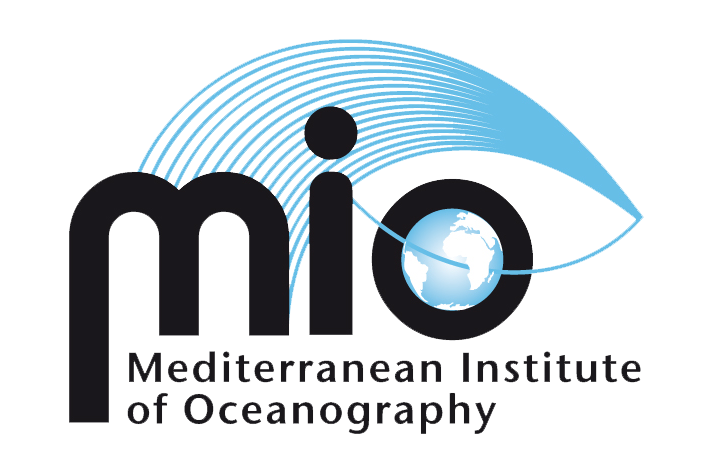Asia-Pacific Forum on Sustainable Development 2021
Emilie Strady and Xavier Mari will represent the MIO during two side events proposed by France and Japan in the frame of the 8th Asia-Pacific Forum on Sustainable Development (8th APFSD; https://www.unescap.org/apfsd/8) and taking place virtually from Thailand on March 23-26, 2021. The theme of the 8th APFSD is "Sustainable and resilient recovery from the COVID-19 pandemic in Asia and the Pacific".
The APFSD, which is organized by the Economic and Social Commission for Asia and the Pacific, is an annual and inclusive intergovernmental forum and a regional platform for supporting countries in the implementation of the 2030 Agenda for Sustainable Development.
The following two side events will consist of a multidisciplinary panel discussion and Q&A with different experts located in SEA, in France and in Japan, to debate on past and on-going projects as well as solution-based initiatives (such as Research and Measurement, Monitoring Networks and Infrastructures, Training and awareness Raising).
"Leaking cities in South-East Asia (SEA): Plastic Marine pollution"
Coastal cities are both subjects to and sources of all kinds of pollution that affect waterways and oceans in the region. Given their weight as marine litter producers, countries in the Asia-Pacific region are a big part of the problem, but also, part of the solution. Implementing interventions on the matter in the ocean-polluting Asian countries could significantly reduce global plastic leakage.
"Air Pollution in South-East Asia (SEA): Trends, debates, and Solutions"
Being a transboundary issue, air pollution must be addressed both at the local, national, and regional levels, and there is a need for policymakers in the region to target multiple pollutants and to open "the PM2.5 black box" to better identify the sources of emissions. Despite raising public awareness and some policy actions being taken to mitigate atmospheric pollution in SEA, further urgent action is needed to reduce emissions by applying various tools such as targeted abatement measures, knowledge dissemination to various private and public actors, local events for awareness raising and ultimately bringing air quality to safe, long term levels.

